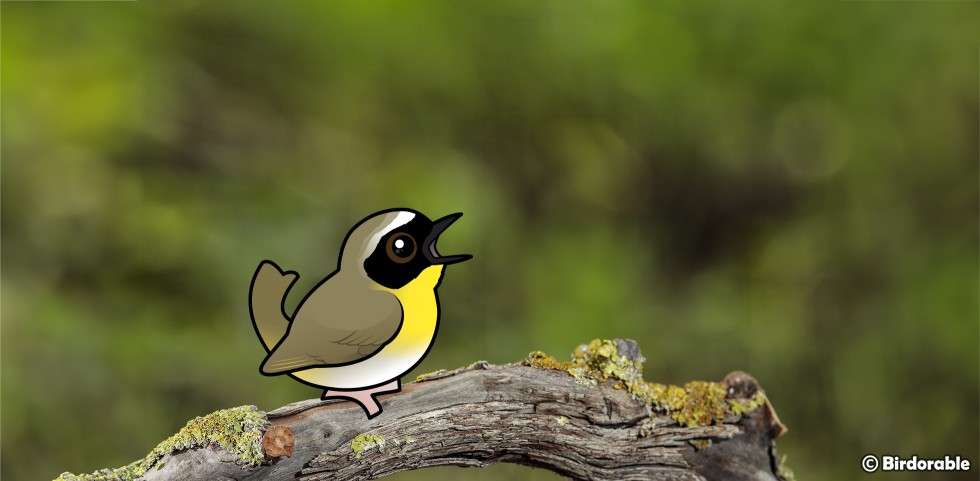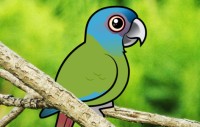Busting a Bird Myth: Do Birds Sing Because They're Happy?

The melody of birdsong, weaving through a thick forest or a productive meadow, often evokes a feeling of joy. While this sentiment is charming, the true reasons behind avian vocalizations are much more complex and fascinating.. To say that birds simply sing because they're happy is, in fact, a beautiful but misleading myth.
The reality is that bird song serves a multitude of purposes, often far removed from emotional expression. While some species may indeed associate certain melodic phrases with positive experiences, the primary motivation for singing falls into three broad categories: territory defense, mate attraction, and communication.
Bird song often acts as a potent territorial declaration. Picture a male American Robin perched on a branch, belting out a series of rich, melodic phrases. This isn't simply a serenade; it's a powerful message to other males, a kind of auditory fence marking the boundaries of his domain. The complexity of the song, its volume, and even its timing all play a role in deterring intruding males and asserting dominance.
Many birds utilize song as a powerful tool for attracting mates. Imagine a female Worm-eating Warbler captivated by the sweet, high-pitched trill of a nearby male. The more impressive the song, the more likely he is to win the favor of a potential mate.
Bird song often functions as a complex communication system within flocks and families. Different chirps and calls can convey a range of information, from warnings about predators to the location of food sources. Consider a Black-capped Chickadee alerting its flock to a nearby hawk with a sharp, high-pitched call. This vocal exchange plays a crucial role in ensuring the safety and survival of the group.
While the emotional resonance of birdsong remains undeniable, it's good to understand that this vocal tapestry is woven from the threads of necessity, competition, and social interaction. So let's consider the myth "Birds Sing Because They're Happy" to be busted!
Next time you find yourself captivated by the music of birds, remember the meaning that lies beneath the surface of the beautiful song. Birds may not be singing simply for joy, but for survival, for reproduction, for connection.













Comments
Leave a comment
Thank you!